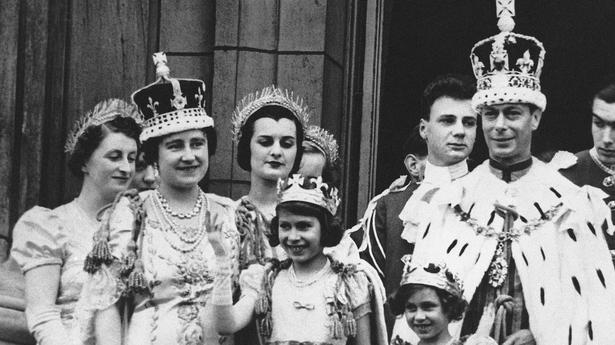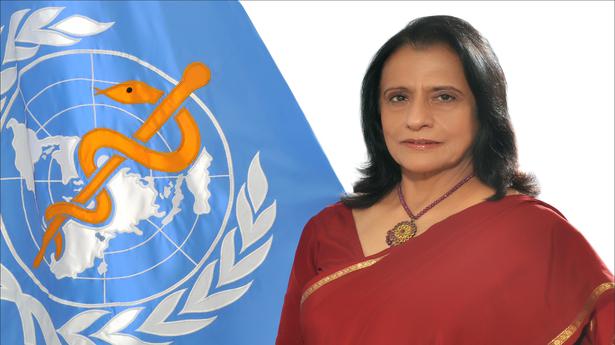The Kerala Health department has issued the Standard Operating Procedure (SOP) with regard to the isolation, treatment and sample collection of suspected and probable cases of monkeypox which are reported to the healthcare facilities in the State.
All healthcare institutions in the State in the public and private sector are expected to follow the SOP strictly when dealing with monkeypox or cases with similar symptoms, Health Minister Veena George, said.
A person of any age having a history of travel to monkeypox-affected countries within the last 21 days and presenting with an unexplained acute rash and one of more of the symptoms ( enlarged lymph nodes, fever, headache, bodyache, profound weakness) is defined as a ‘Suspected case” under the SOP.
A “Probable Case” is a person meeting the case definition for a suspect case, clinically compatible illness and has an epidemiological link.
It should be considered as a strong epidemiological link if there is face-to-face exposure with a confirmed case, inclusive of instances when healthcare workers face patients without appropriate PPE; direct physical contact with skin, including sexual contact or contact with contaminated materials such as clothing, bedding or utensils.
A “confirmed case” is a case which is laboratory-confirmed for monkeypox virus
All suspected and probable cases of monkeypox presenting in hospitals, both government and private, should isolate and treat the patient in that hospital itself, provided that they have the isolation facility.
The SOP clearly states that patients presenting to private hospitals may be referred to Government hospitals only if the patient requests referral.
Government hospitals may refer probable/suspect cases to a higher center only in case of a need for critical care support, strictly adhering to referral protocol.
For confirmed cases of monkeypox, the Union Health Ministry has already issued guidelines for management, which should be followed strictly.
The SOP details how the samples are to be collected as per NIV’s directives and how it should be transported to NIV Alapuzha where the samples can be tested.
It also specifies the precautions that health/ambulance personnel have to take when a case has to be transported in an ambulance, including the use of protective gear, as well as directions for disinfection of the ambulance.
International passengers
All four international airports in the State have thermal scanners. Passengers who are picked up by thermal scanners as having elevated body temperature will be examined for the presence of skin rashes by the airport health team and if rashes are detected, airport authorities should contact the DSO.
Primary contact
For symptom surveillance of contacts of confirmed/probable cases of monkeypox, the SOP defines a “Primary contact” as a person who might have had face-to-face exposure in close proximity, direct physical contact including sexual contact , respiratory exposure or contact with contaminated bed linen/clothes of a person, who had symptoms of monkeypox . The period of exposure could be from the day the source case first exhibits symptoms, till the scabs of his skin lesions fall off.
The contacts will be monitored over telephone twice a day for a period of 21 days from the last day of contact with the source case.
If at all any one under symptom surveillance develops fever, they should be isolated immediately and clinical and lab evaluations done. COVID should be ruled out in all contacts who develop only fever.




